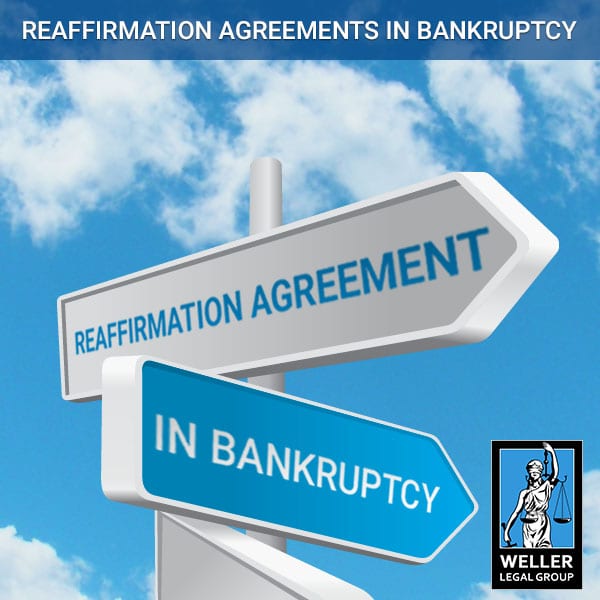Find A Bankruptcy Attorney in Clearwater, Fl
It is hard to find a good bankruptcy attorney in Clearwater, FL. However, Jay Weller at Weller Legal Group PA is here to help. Mr. Weller has practiced almost exclusively bankruptcy law since 1993. Mr. Weller only represents debtor and never creditors. Mr. Weller also practices mostly in the representation of debtors in Chapter 7 and Chapter 13 bankruptcy in Clearwater, Polk, Hillsborough, Pinellas, Pasco, Hernando, Manatee and Sarasota Counties. Since 1993, Weller Legal Group PA has represented many thousands of clients in the filing Read More +



